Here’s what it feels like to lose your mum
MY beloved mum died suddenly and the loss and accompanying grief have left me reeling. I’m not sure I believe people who say it will get better, writes Alison Middleton.
Rendezview
Don't miss out on the headlines from Rendezview. Followed categories will be added to My News.
SOMETIMES you don’t know how much you’re dreading something until it actually happens.
I got back after work one day a few weeks ago to get a message asking me to call home urgently.
Exactly the kind of phone call anyone dreads, maybe especially when you’re 16,850km away from home.
Mum had had a heart attack and was in intensive care. I was on the next available flight that day but by the time I flew home to Scotland, she’d had a bleed on the brain and was clinically braindead.
AUSSIE MUMS ‘JUGGLING’ WORK AND FAMILY
PRESSURE ON WORKING MUMS AT A ‘TIPPING POINT’
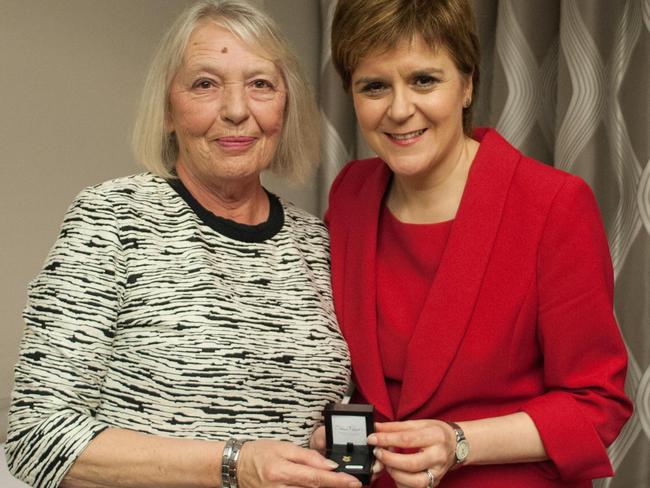
Walking into the ward, my eyes searched for my mum and I had to be steered towards her bedside. Of course, I was looking for my mum as I knew her — eyes laughing, arms outstretched for a hug from “her bairn”. Not the poorly woman who would never again wake up.
A couple of hours after arriving at the hospital, her heart was failing and we had to switch off the machine at the advice of doctors who had endeavoured to keep her alive long enough for me to get home, hold her hand and say goodbye.
Just at the moment she passed, as I was clutching her hand, telling her again and again how loved she is, was and always will be, mum’s arms raised from the hospital bed, lifting to hug me one last time.
I remember those moments acutely. But what is strange is that the first few days and weeks passed at an astonishing rate and it is only now when the world is moving on, that the shock is wearing off and I can start to touch the scale of the grief.
When I say grief, what I really mean is pain. It comes in waves — crushing, relentless and devastating.
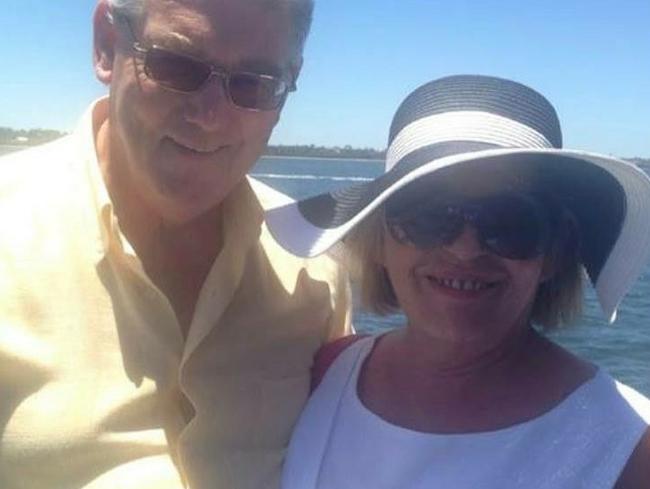
I had never keened before, never wailed in grief. Never felt the pain that comes from acute emotional loss. Then I have days where I feel almost normal, and can smile and joke and function like a human being.
That’s partly because a world without Glennis Middleton feels absolutely incomprehensible. She was so strong, so feisty and kind. Formidable really, but with a relentless compassion and a patience that I wish I had inherited.
More than a few people remarked that “she certainly didn’t suffer fools gladly” or commented on the sharpness of her tongue. A local government councillor for 23 years, she championed the welfare of vulnerable people, fighting for those who could not fight for themselves.
More than 300 people came to her funeral — we had to book out the town hall so we had enough room. Shaking hands with mourners, I could tell those who truly loved my mum. They clung to me as they hugged, either unable to hide their tears or pale with the strain of trying to hide them.
One former councillor called to say what a formidable political opponent she was, recalling a time when she tore into him at a council meeting but then called him later that day to make sure he was OK.
A card came from a friend in Canada that I met 22 years ago, reminding me of a letter my mum had written to her school praising a young woman who was, and is, a credit to her herself, her family and her community.
But that was my mum — kind and authentic, but very aware of the power of a seemingly small gesture to inspire and reassure.
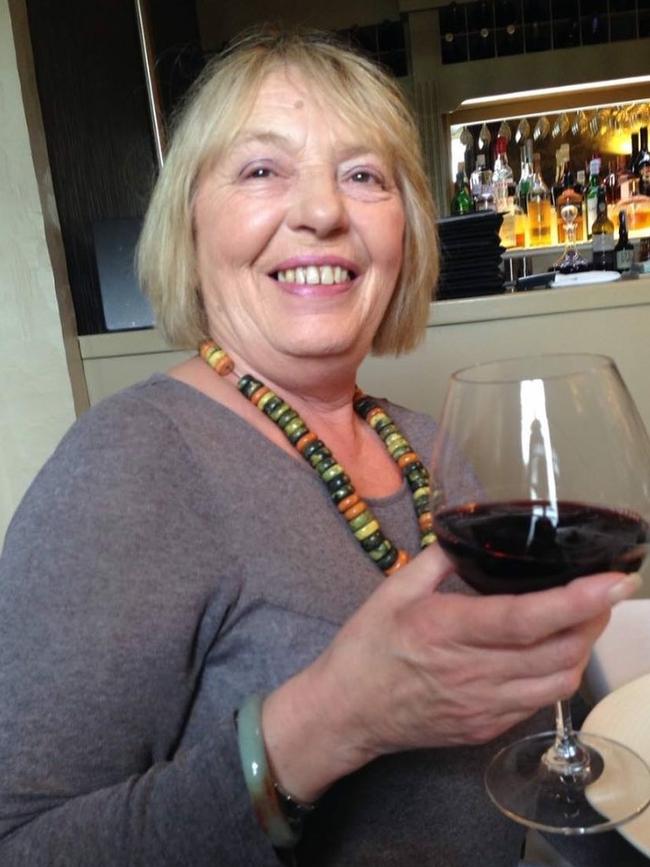
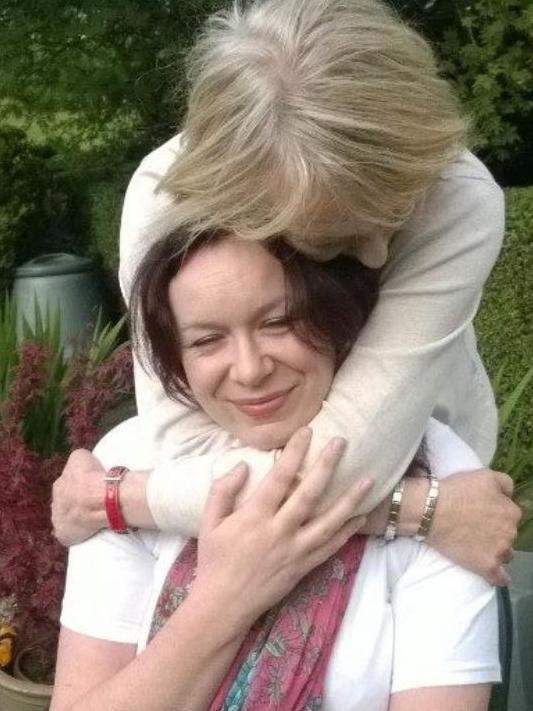
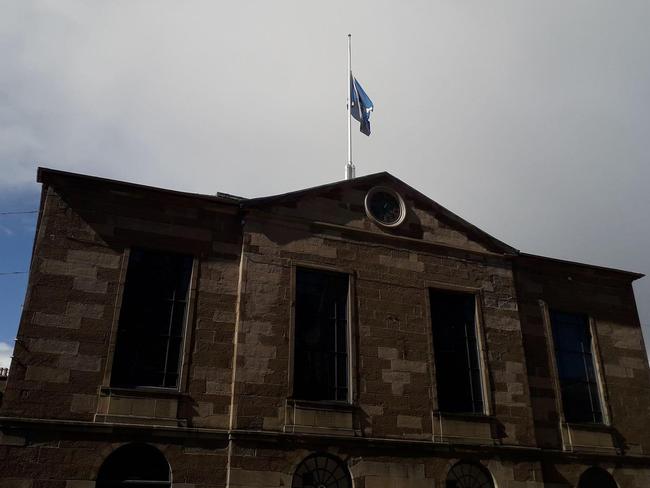
So many memories, so many stories. A parade of athletes recently returned from the Special Olympics in 2003 was suddenly halted when the proud participants spotted my mum. Every single one demanded “a cuddle from Glennis” before the parade was allowed to continue.
Then there was the woman who called my mum and the police when someone was trying to break into her house. Mum took off and was there before the police — the offender fleeing as she arrived.
When my cousin was being bullied, it was my mum who got on the school bus, sat next to the bully and had a little chat. Strangely enough, my cousin was never bothered by that girl again.
A whole county is grieving for a woman who was their champion and their sounding board. She was a mum, a sister, an aunt, a wife and a friend known for her tenacity as much as her compassion.
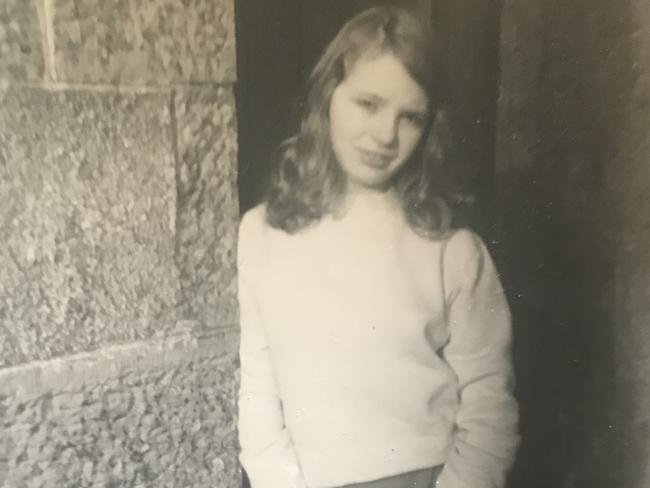
My dad too is grieving for the loss of his wife, but the very nature of grief brings with it isolation — it’s such a personal thing. And while he has lost his partner, I have lost my mum and my aunt has lost her little sister.
I’ve sought the support and services of a psychologist, who advises me that the only way through it is to feel it. The only thing that is going to heal this hurt is time. Not that you ever really get over it, she says, but over time it becomes less overwhelming. And I will be better able to tolerate and live with the grief.
I joke to friends that I come with a snot warning, and am likely to do so for some time.
Far more eloquently, author C.S. Lewis described an invisible blanket between himself and the rest of the world, adding: “No one ever told me that grief felt so like fear. I am not afraid, but the sensation is like being afraid. The same fluttering in the stomach, the same restlessness.”
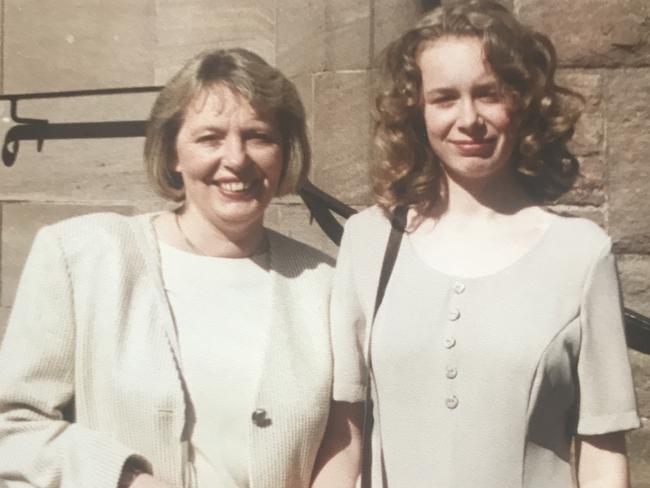
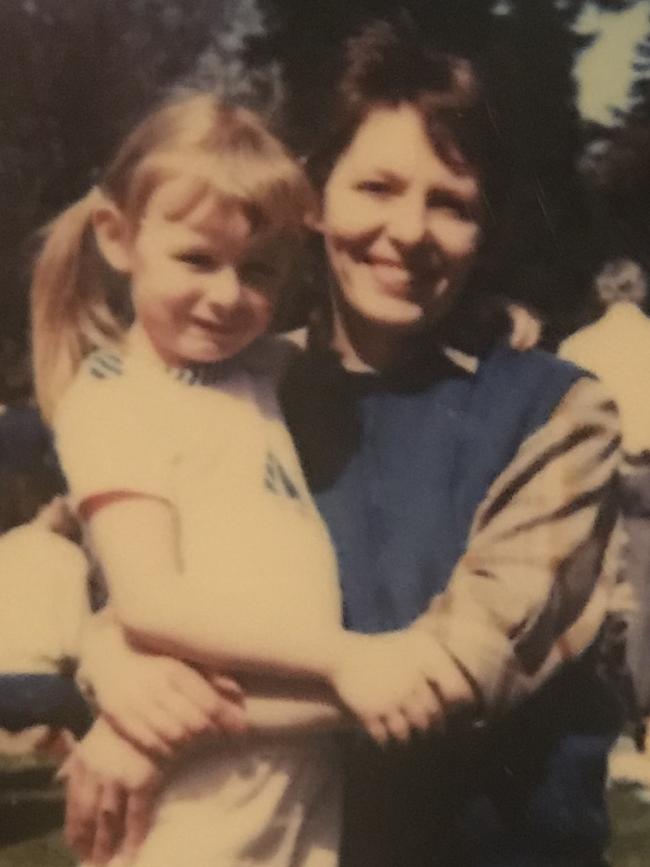
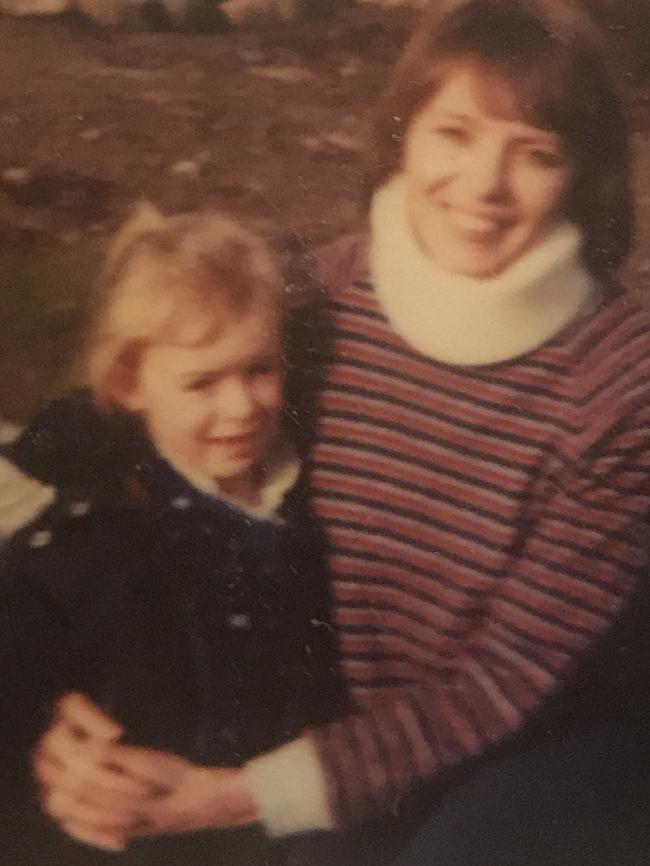
It must seem obvious to a lot of people or uncomfortable for others. There are people who avoid eye contact, or seem eager for life to get back to normal so we can brunch and drink wine.
But I think one of the things that surprises me most is how a 39-year-old woman can feel like a three-year-old who just wants her mum.
One of the positives out of this is the renewed appreciation and closeness with family in Scotland, and darling friends lost after stupid arguments.
I understand the temptation to self-medicate, anything to numb or distract from the heavy weight of grief and pain.
But I’m following the professional advice as best as I can: “If it’s healthy and it helps, then do it. Do what you need to do to get through.”
But how do you avoid internalising grief while managing to get up in the morning? For me, I can manage the days. It’s the journey home when I would call mum to talk about the day, swap recipes, discuss books, life and love that I struggle with.
I don’t have the answers. But I believe, as Tolstoy wrote, that only people who are capable of loving strongly can also suffer great sorrow. And life is too short not to love fully. My mum taught me that.
Alison Middleton is a Herald Sun journalist and digital producer.


